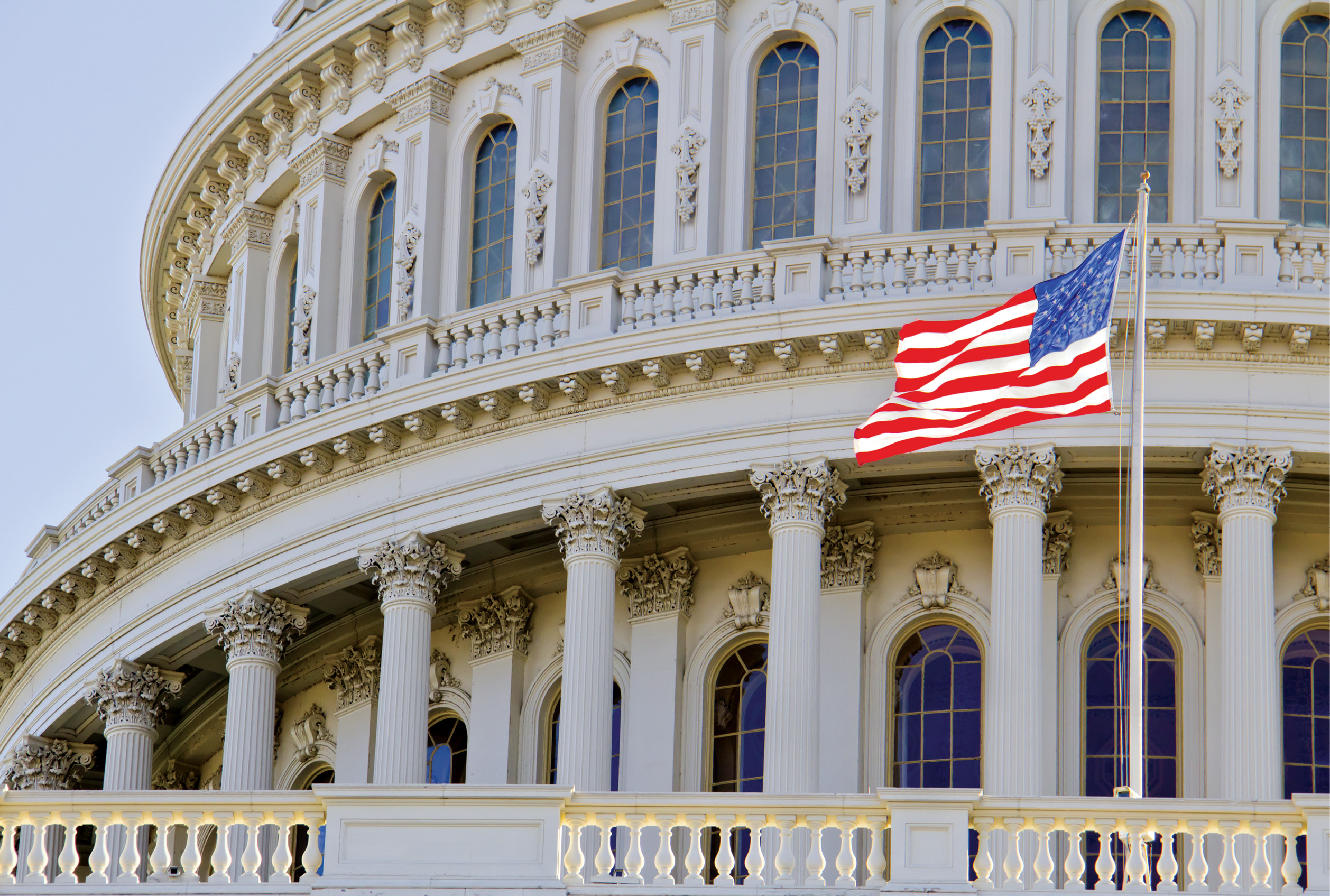One contrast between the UK and the US versions of the television show The Apprentice is that the British programme takes place in a brightly-lit boardroom of glass and steel whereas in the USA the set is dark and sombre.
Its wood-panelled walls and deep carpets portray the archetypal image of American big business. And sitting at the polished oak boardroom table is Donald Trump, the epitome of the big American businessman – in the eyes of some citizens at least.
The Apprentice, on both sides of the Atlantic, is entertainment, of course. But Mr Trump has used his role to good effect, presenting himself as the man with the credentials to “Make America Great Again”. In 2010, he fired a contestant for cheating. Mr Trump told him: “This is why the country has gotten into such trouble. This is the kind of thinking that we have been witnessing on Wall Street for the last five years.”
Nearly 45% of American voters put the economy as their number one concern as the country heads towards November’s presidential elections. The electorate’s anger and resentment at the USA’s financial institutions following the 2008 crash, still simmers. Wall Street is terrified that this antipathy will result in a Trump presidency.
Alternative Plans
With the smoke from the primaries finally clearing, Mr Trump and his Democratic Party rival in the race for the White House Hillary Clinton are setting out their alternative plans for the US economy, knowing that whoever has the clearest vision will win the race.
It was Hillary Clinton’s husband Bill, after all, who coined the phrase: “It’s the economy, stupid.” He used it in his own presidential campaign of 1992 and it has become a gold-plated truism worldwide.
Putting aside his views on Muslims, Mexicans, and walls, Mr Trump has few friends on Wall Street. He doesn’t pretend to like bankers, has a devotion to big business, wants corporate tax cuts, disdains green policies, and ridicules climate change. While many critics believe his isolationist and protectionist leanings are foolhardy, such dogma chimes with a large section of the American public.
Having seen off his Republican rivals for the candidacy, he knows that the blustering rhetoric must now be replaced by some hard economic facts. His plans, so far, are mostly off-the-cuff and sometimes contradictory. They include easing the tax burden on the middle classes, removing barriers to US business, higher tax on foreign imports, and, of course, the expulsion of millions of unregistered immigrants.
Mr Trump proposes the introduction of tariffs on goods coming from China, Mexico, and Japan, amongst others. Market commentators say that such a move would prompt a trade war which could harm job creation in the US. He is against Obama’s Trans Pacific Partnership [TPP] and claims to be a free trade advocate, despite his pronouncements on tariffs.

Trump’s Comfort
He is comfortable, he says, with the minimum wage, but doesn’t intend to increase it. He argues that raising the minimum wage would make US workers less competitive. Mr Trump’s plan to deport millions of unregistered immigrants would shrink the economy by two per cent, according to the American Action Forum – a conservative and pro-business think tank. It would trigger a GDP collapse, it says.
But what most alarms conventional economists is Mr Trump’s reputation as a “close to the wind” businessman – and what that would mean if he had his hand on the national tiller. “I’ve borrowed knowing that you can pay back with discounts,” he told the business news TV channel CNBC in May 2016. As president, he said, he “would borrow knowing that if the economy crashed, you could make a deal.”
This attitude is mirrored by Mr Trump’s regular Chapter 11 escapades. “I’ve never been bankrupt,” he insists. Former Hewlett-Packard CEO, Carly Fiorina, disagrees. She is critical of Mr Trump’s business history. “There are a lot of us Americans who believe that we are going to have trouble someday paying back our debt.” Describing the management of his casinos, she said: “You [Trump] ran up mountains of debt, as well as losses, using other people’s money, and you were forced to file for bankruptcy, not once, not twice, but four times.”
Going for Broke Is Good Business
Mr Trump maintains that his use of Chapter 11 [in which a company is effectively restructured rather than liquidated], was actually an indication of good business practice. Goldman Sachs chief executive Lloyd Blankfein said the idea of such a man running the country “blows my mind”.
Meanwhile, the Hillary Clinton camp is seen as the more conventional option by many on Wall Street, even though some Americans point to the deregulation spearheaded by her husband during his tenure at the White House as a fundamental cause of the economic crash of 2008.
Mrs Clinton shares some of Mr Trump’s goals for the economy. She has, for instance, also promised to go easy on the middle classes. She, too, will claw back tax benefits from firms which move their headquarters and jobs overseas. Like Mr Trump, she wants to create jobs. Her plan for employment growth involves providing incentives for companies which share profits with employees.
A New Bargain for a New Economy is her election slogan, but while she campaigns for “inclusive capitalism” Mrs Clinton must find a way of addressing income inequality without alienating the wealthy. “We need to raise pay, create good-paying jobs, and build an economy that works for everyone – not just those at the top,” she says. “I’ll cut taxes for the middle class, raise the minimum wage, and ensure the wealthiest pay their fair share.”
Predictions
The ratings agency Moody’s is predicting a Democratic Party victory in November. It doesn’t matter about the personalities of the candidates, it says. The economy is the most important factor.
The markets are openly fearful of a Trump victory. Commentators describe him as “unpredictable and combative.” Mr Trump’s regular swipes at the bankers and hedge fund managers who, he says, are “getting away with murder” are hardly designed to instil confidence. Neither is the controversy over Trump University’s alleged tactics to part would-be entrepreneurs from their cash.
Mrs Clinton, on the other hand, has a long, if occasionally contentious, track record. The markets believe a Clinton presidency would be more of a known quantity and that big business would find her more pliable.
Trump’s unpredictability, above all else, is what gives the money men the jitters. He is apt to suddenly pick on a business over a particular issue such as his call for a boycott of Apple during the row over the tech giant’s refusal to help the FBI unlock the San Bernardino killers’ iPhone.
He demonstrated this trait during another episode of The Apprentice; a young woman interrupted him in order to come to the aid of a fellow contestant who was being savaged. Mr Trump asked her why she interrupted him. She said: “I’m being truthful; I’ll always be truthful.” He replied: “How stupid is that?” Then he fired her.































